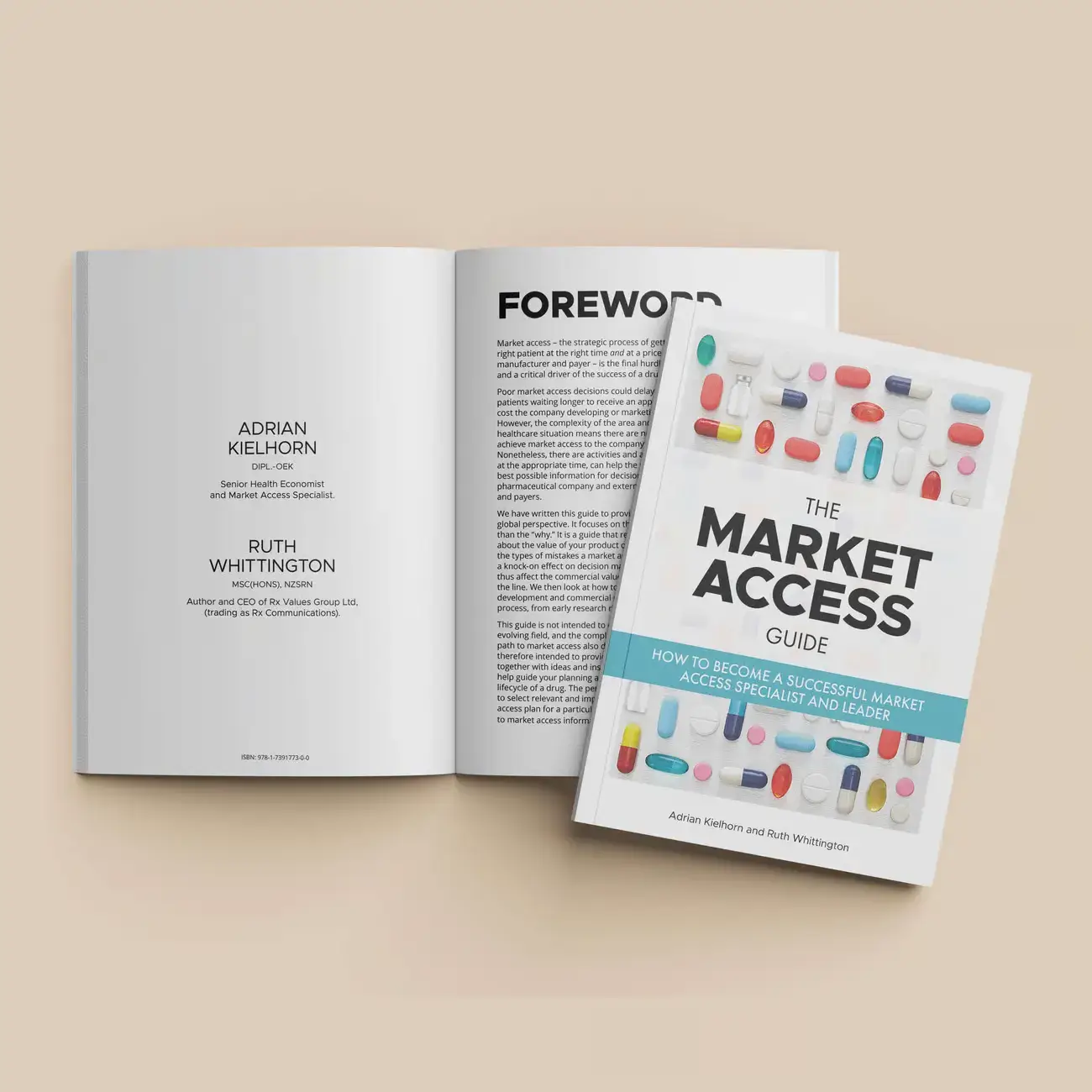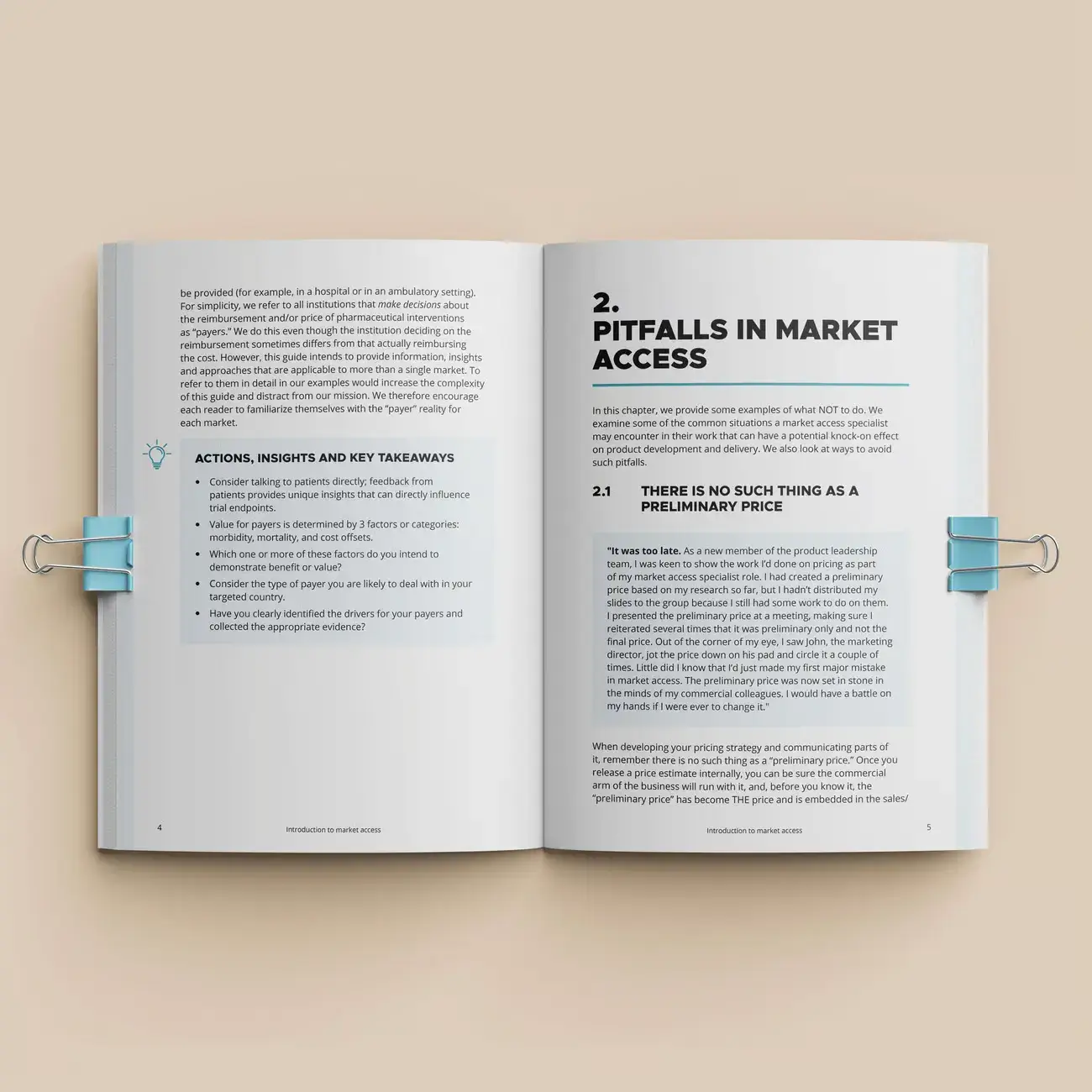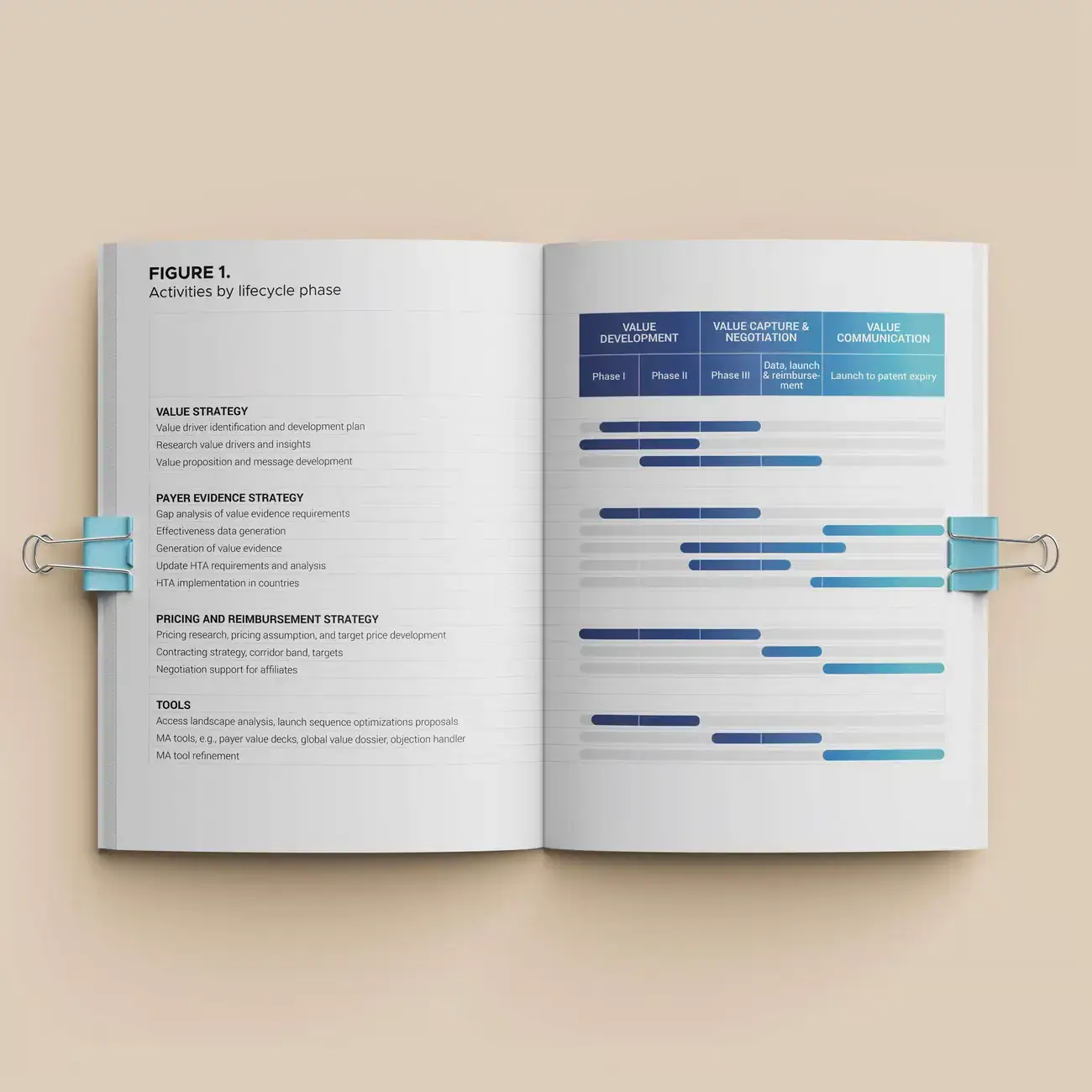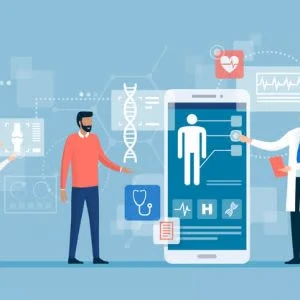Greetings to our robot overlords and welcome to this month’s newsletter.
This month, we delve deep into an exhilarating and controversial topic that has caught the attention of many: the integration of Artificial Intelligence (AI) in healthcare and its ramifications.
It’s no accident that the above quote’s provenance is unknown. AI, specifically large language models (LLMs), have a tortured relationship with the truth. So, while the quote may or may not be misattributed to Isaac Asimov, it still remains fitting as we tackle the practical and ethical implications of AI in healthcare.
As an aside, I for one fear computers, not the lack of them. But that’s likely a reflection of my own paranoid tendencies.
Our fascination with AI is rapidly growing – reminiscent of early reactions (or overreactions) to the internet or smartphones. Over the decades, we have been introduced to robotic surgeries, virtual health assistants, predictive analytics, and more. The term "revolutionise" is often used in the same breath as AI, viewing healthcare challenges as "problems" awaiting AI "solutions". And now, we are at the cusp of AI algorithms being a significant part of healthcare.
We are delighted to have this month’s article once again authored by medical writer, Beth Howe. Beth gives us a comprehensive overview of LLMs as they pertain to healthcare. As AI tools become an integral part of healthcare, it's crucial to understand their mechanisms, evidence supporting their effectiveness, and the ethical concerns surrounding their application.
Without further delay, let's dive into this month’s content.
- Dr ChatGPT Will See You Now
- An Example of Dr ChatGPT in Action
- Ruth's new book on Market Access
- From the vault – Smart Device Applications Which are Revolutionising Healthcare for Those with Chronic Conditions
- About Us
With warmest wishes!
Ruth
We'll deliver straight to your inbox
Dr ChatGPT Will See You Now

In this month’s articleBeth touches on how LLMs will (and already do) save time for doctors as they subcontract AI to craft rote material, such as patient notes or banal communications with insurance companies.
Beth also probes how LLMs are helping with diagnostic duties. Data indicates a growing appetite among the public for AI-driven healthcare solutions, which could potentially democratise healthcare by offering services more affordably than traditional family physician visits.
AI also hold the very real potential of translating complex medical concepts for the everyday patient. Doctors and academics, while brilliant, are not always the best communicators of information (sorry doctors, but often true). LLMs are very good at pitching complex topics at certain levels of comprehension.
Finally, Beth discusses the ethical implications of AI, from privacy to inbuilt biases.
An Example of Dr ChatGPT in Action
I thought I would test out Dr ChatGPT in a very rudimentary way. I pulled half of a list of symptoms (I wanted to see if it could achieve a diagnosis with missing information) forthe flu from the Centers for Disease Control and Prevention (CDC) website and asked ChatGPT what condition I’m most like suffering from. Here are the results:
“I'm not a doctor, but the symptoms you've listed are consistent with several respiratory illnesses, including: Influenza (Flu): This is a common viral illness that can cause all the symptoms you've mentioned.”
(ChatGPT4)
Hey, this isn’t too bad. I did have to cut the actual answer short as it started listing a series of respiratory illnesses that got me thinking that if you throw enough at the wall, something will stick.
While this seems to be pretty close to an accurate diagnosis, what it doesn’t tell me is whether or not I can trust what it's told me. This is where trust and the institution of medicine is fundamental and also why these tools will serve to augment doctors, not replace them.
Spotlight: New book on Market Access!
Written and co-authored by Adrian Kielhorn and Ruth herself, we are thrilled to introduce you to "The Market Access Guide: How to become a successful market access specialist."

Venturing beyond mere theory, this guide provides a hands-on approach to market access strategies in the Pharma and Biotech sectors and dives deep into the topic of market access and pricing across the drug lifecycle, uncovering the strategic decisions that can catapult a drug to success, while sidestepping blunders that could spell ruin.
Who is this book for?
Of course, Market Access Professionals: Whether you're new to the field and dipping your toes or you're an experienced Market Access practitioner, this guide promises nuggets of wisdom for all. But also highly relevant for those professionals in the Pharmaceutical & Biotech industries.


From product development to regulatory affairs, clinical and beyond, it delivers a broad overview into defining a product value strategy, understanding stakeholders, common pitfalls, fundamental strategies, and more.
You’ll find the book freshly minted on Amazon. We hope you’ll take a look!
From the vault
Smart device applications which are revolutionisinghealthcare for those with chronic conditions

To stay on theme with AI and health, we thought you might enjoy this piece written by Erin Harrison on the use of smart devices in healthcare.
Erin’s article covers some innovative apps and devices that are helping chronic patients living with disease such as chronic kidney disease (CKD), diabetes, and IBD.



.webp)




